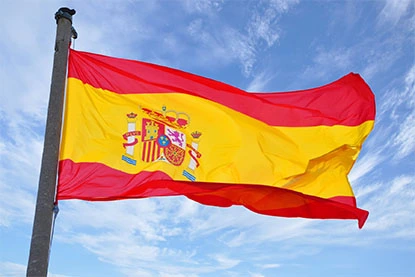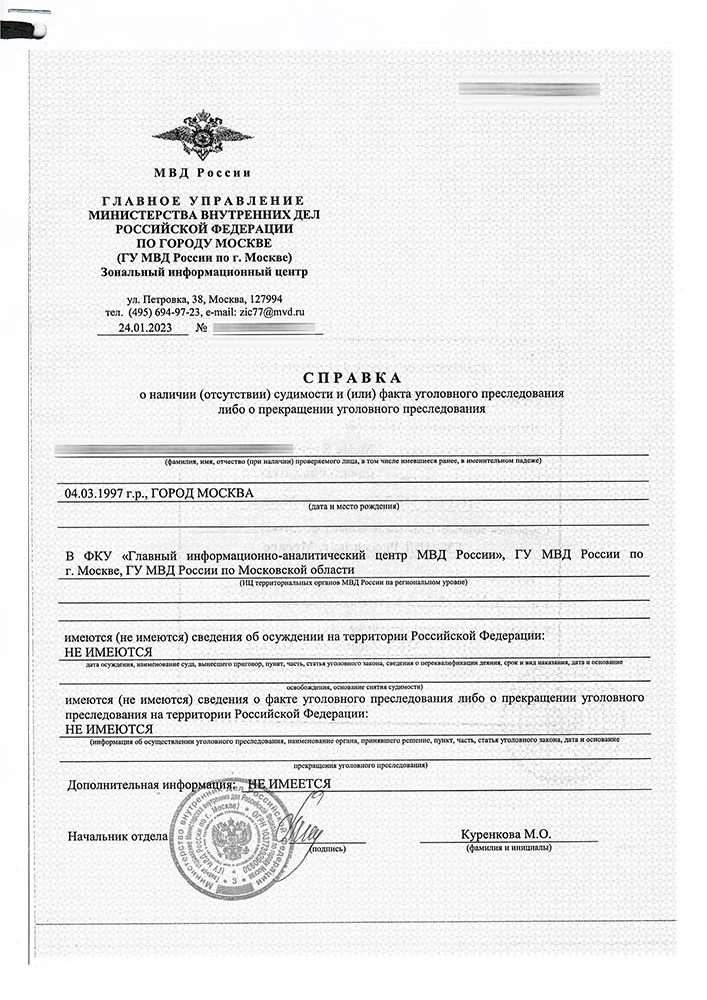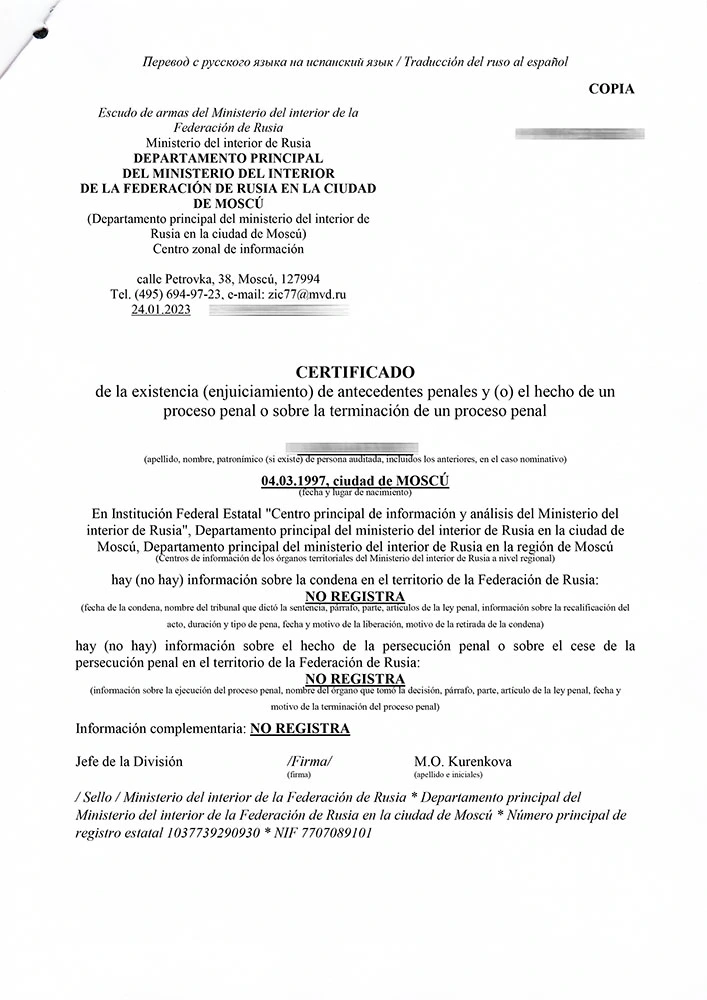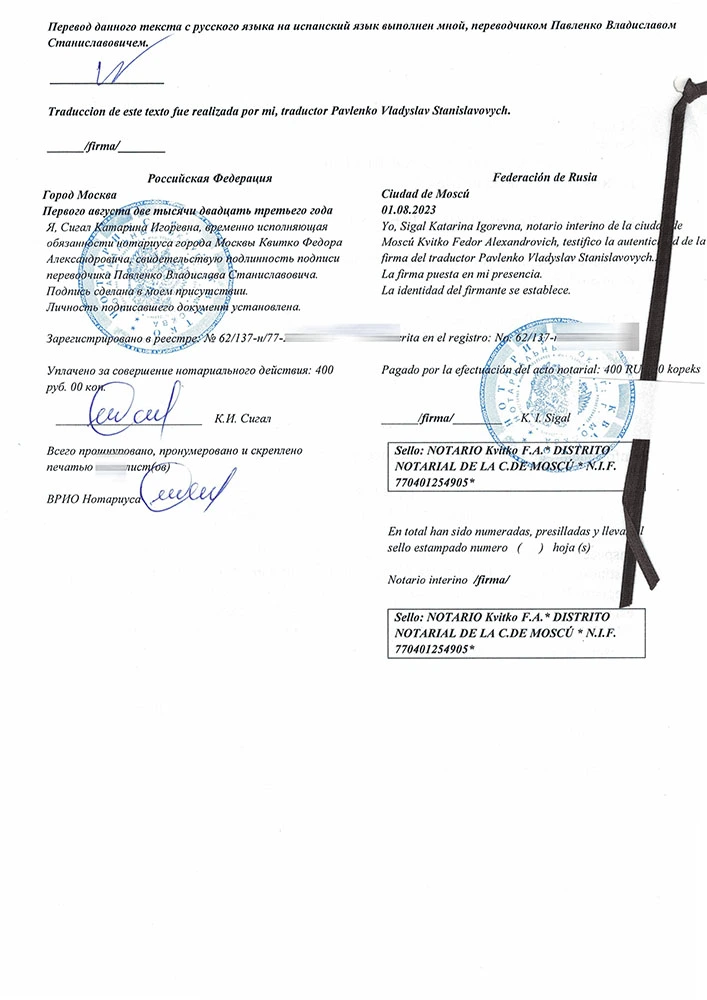
Translation of documents into Spanish or vice versa is in demand in a wide variety of situations, including:
- University admissions: educational certificates, diplomas, other academic credentials.
- Employment: passports, resumes, letters of recommendation for jobs in Spanish-speaking countries.
- Immigration: birth and marriage certificates, other personal documents when applying for a visa, residency or citizenship.
- Business: contracts, incorporation documents, financial statements for doing business in Spanish-speaking countries.
- Medical purposes: medical certificates, extracts from health records for treatment in Spanish clinics.
- Legal matters: wills, death certificates, powers of attorney, other legal papers to present in courts or official bodies.
Specifics of translation into Spanish
Spanish has many dialects and regional variants, which may require adapting the translation to the specific Spanish-speaking country. The main variations are:
- Spanish of Spain (also called “Castilian”);
- Mexican;
- Colombian;
- Argentinean;
- Peruvian;
- Chilean;
For example, the translation of a document for presentation in Mexico must reflect the specificity of the Mexican variant, while for Spain it must reflect the specificity of the Castilian dialect.
Furthermore, it is important to consider cultural and social contexts. For example, in Spain, the words “usted” and “tú” are used to address someone with or without respect, respectively.
The translator must understand these cultural subtleties to ensure that meaning is accurately and effectively conveyed.
Can I translate into Spanish myself?
We do not recommend translating documents on your own. Even if you have a good conversational command of the language, preparing papers for official use requires certain skills. You will be confronted with specialized terminology, sentence construction with complex grammatical structure, and long, confusing wording. Also, in order for the translation to have legal force, it must be certified.
Certified translation into Spanish
As with other languages, translations into Spanish may require notarization, i.e., certification by an official - a notary public - or the translator's signature with the agency's stamp for papers that do not require official certification, such as translation of medical certificates.
Terms and cost
You can get an estimate from our calculator or price-list, however, the exact cost will be agreed upon by our staff, as the price and turnaround time depend on the amount of work, the urgency of the order.
Why choose the BetterLetter professional service
- Certified translators: Our company partners with certified translators with experience and expertise to provide accurate and reliable translations.
- Cultural sensitivity: Our translators take into account the cultural and social subtleties of Spanish-speaking countries, ensuring that documents are understandable to the target audience.
- Security: BetterLetter guarantees the confidentiality of your papers, information.
- Fast service: We adhere to deadlines, fulfill orders in a timely manner.
- Cost-effective: We offer discounts for regular customers, as well as special conditions for large orders.
Examples of our work



Example of notarized translation of a criminal record certificate from Russian into Spanish

